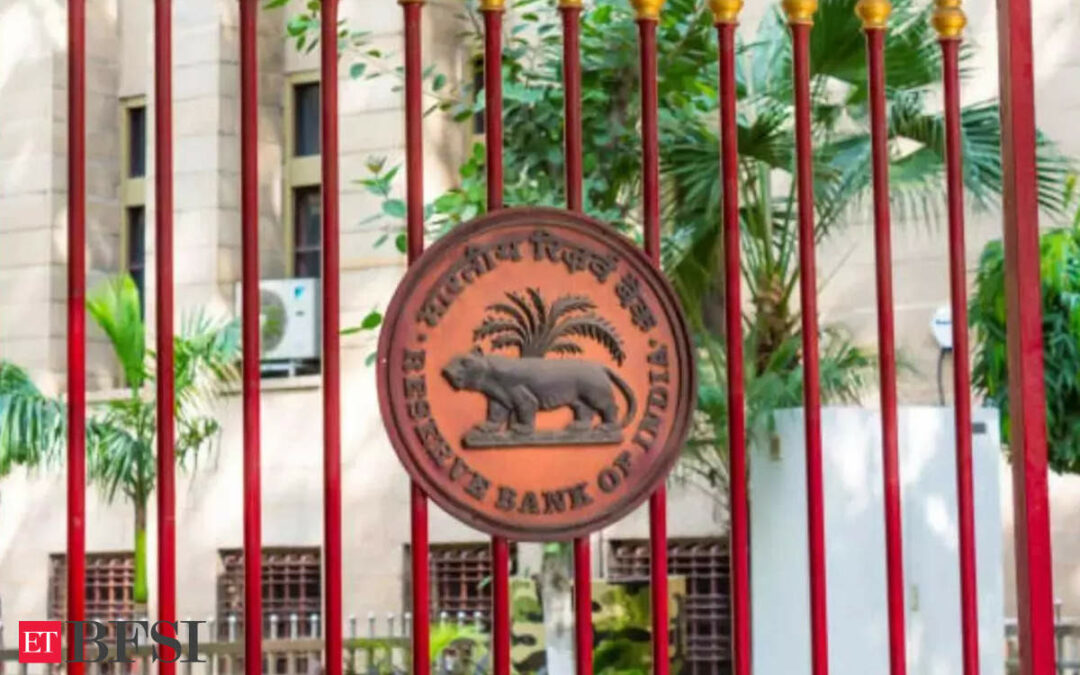By Swati Bhat and Ira Dugal
MUMBAI -India’s central bank said on Monday the country added 46.7 million jobs in the fiscal year ended March, far exceeding numbers in private surveys that point to high unemployment rates in the South Asian nation.
The employment growth rate was 6% in 2023/24 versus 3.2% in 2022/23, the Reserve Bank of India’s (RBI) data on measuring industry level productivity and employment showed.
Jobs have been a sensitive topic for Prime Minister Narendra Modi’s government.
Analysts linked the lack of jobs and high inflation with Modi’s failure in polls last month to win a majority in the directly elected house of the parliament, meaning he had to rely on allies to return to power for a third term.
India’s total employment stood at 643.3 million in 2023/24 versus 596.7 million in FY23, RBI data showed. The central bank uses data from the government’s National Accounts and Ministry of Labour to extrapolate the country’s productivity and employment levels.
The report, a routine release from the central bank, has traditionally only shown historic numbers. On Monday, however, the central bank said it is attempting a provisional estimate of productivity for the total economy for the first time for the financial year 2023/24 based on available information.
The release of the data follows a Citibank report last week that said growth of close to 7% will only create 8 million to 9 million jobs in India, short of the 11 million to 12 million needed.
“Even 7% GDP growth might not be able to fulfil the job requirement over the next decade,” Citi’s chief India economist Samiran Chakraborty wrote in the note.
In a separate statement, the federal labour department countered Citi’s report to say its estimates suggest an average of over 20 million employment opportunities per year were created between 2017-18 to 2021-22.
Another private think tank that tracks joblessness in the country, the Centre for Monitoring Indian Economy, had estimated the unemployment rate in India rose to 8% in fiscal year 2023-24 from 7.5% and 7.7% in the preceding two years.
(Reporting by Swati Bhat and Ira Dugal, Additional reporting by Aftab Ahmed in New Delhi; Editing by Savio D’Souza, Nivedita Bhattacharjee and Barbara Lewis)











